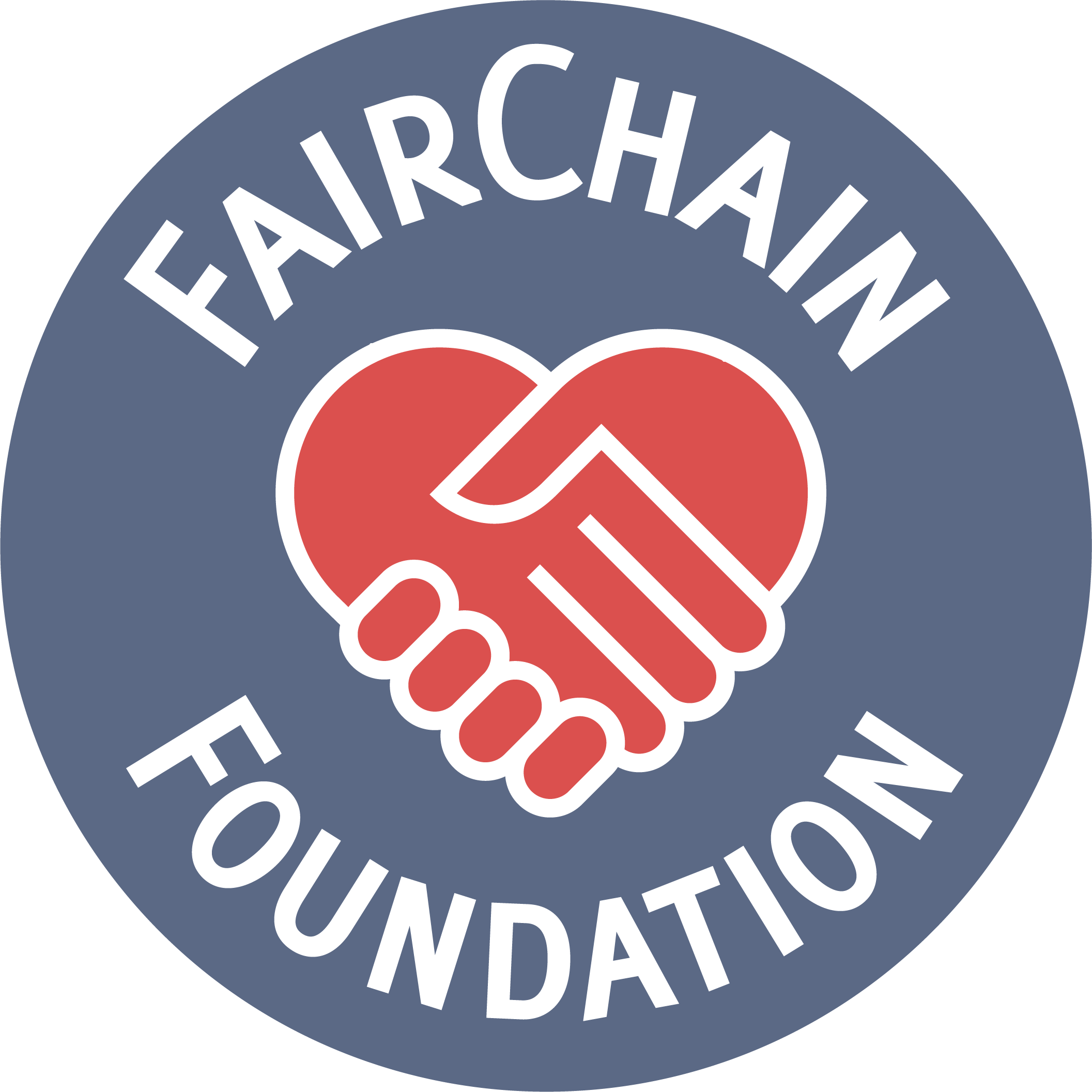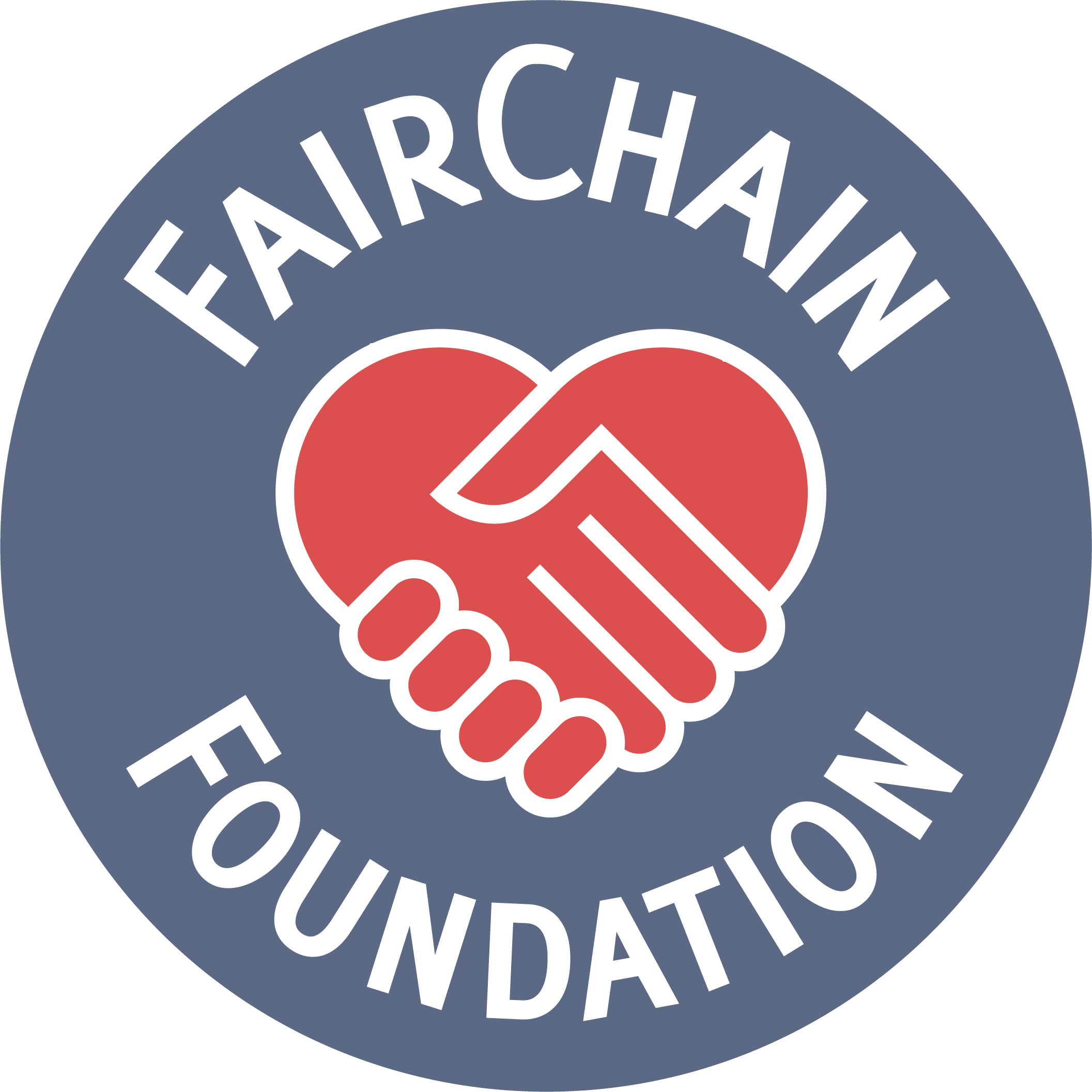
What is FairChain Farming?
Farmers are the start of many food value chains. They put in all their passion, skills and time to produce the best they can given the circumstances. We’re talking dairy farmers in the Netherlands, cashew farmers in Ivory Coast, cocoa farmers in Peru, coffee farmers in Ethiopia and so on. However diverse this group is, it is not just the surge for quality that unites them. In contrast with their personal drive, one step down the chain their produce is absorbed by big traders, transforming dairy, cashew, cocoa and coffee into bulk commodities. Origin, quality, terroir, and craftsmanship no longer matters, for the sake of economies of scale and corresponding profits for a few market giants.
We have seen this happening for decades and decided to commit for change. Isn’t the farmer the source of any agricultural value chain? We bet no one disagrees. If that is the case, it is time for action. FairChain aims at connecting us consumers directly with them, producers – cutting out middlemen and Big Traders. More value for them, better products for us.
The difference with Direct Trade
Now, to some that might sound like Direct Trade. However, direct trade is an umbrella term that usually means purchasing agro commodities from large cooperatives. Not a bad thing, but less direct that you would believe. With FairChain Farming, we are stepping up this game. We move beyond co-ops and focus on the farmer. We mean the whole spectrum: from Dutch dairy farmers up till some of the smallest and most remote coffee farmers in Ethiopia.
Showcase: cashew
There’s plenty of examples of FairChain projects all over the world. One we like to highlight is Cajou Espoir, directly linking a bag of cashew nuts with a day of employment in the country of origin.
Showcase: Dutch dairy farming
The Dutch initiative ‘Ketensief’ works with Dutch dairy farmers on supply chain innovation, focusing on gamification, biodiversity and farmer income. Hans de Haan is leading this wonderful example of FairChain.
Showcase: Kaffee-cooperative.de
The Germans at Kaffee-cooperative have fully embraced the FairChain concept – check them out in this video.
Showcase: Moyee Coffee
For a FairChain company like Moyee Coffee, FairChain Farming results in amazing coffee – in some cases, FairChain will be introducing beans to Europe for the first time. In return, by introducing them into our FairChain network, these farmers will earn more money than they would from any other company. Equally important, we will bring them external expertise to help them increase their yields without having to alter their centuries-old farming techniques. In other words, we are going to help them earn even more money.

We began with: Coffee Farming
What’s at stake? Let us take Ethiopia as an example. 15 to 20 million Ethiopians depend on the coffee industry, most of them are farmers living in extreme poverty. Coffee generated export earnings of only 719 million US dollars for the country in 2013/14 – development aid amounts to 4 billion dollars per year.
While coffee earnings obviously need to increase, changes in rainfall and temperature regime due to global warming have been predicted to negatively affect Ethiopia’s coffee production through habitat degradation. Effects such as decreasing yields, emerging diseases and compromised quality of the coffee beans have already been reported. Furthermore, estimations state that up to 25% of deforestation was due to coffee production. So, safeguarding biodiversity and strengthening climate change adaptation in Ethiopian coffee production is essential.
FairChain Coffee Farmer Projects
Projects will support activities that reinforce biodiversity, retaining natural vegetation cover, using wild coffee varieties to diversify as well as use more resistant varieties (to drought and pests and diseases), enhancing soil moisture and stability. Ethiopia has an immense ecological diversity and a huge wealth of biological resources. Ethiopia’s coffee producing regions are located within the Eastern Afromontane Biodiversity Hotspot and face an unprecedented rate of biodiversity loss and habitat degradation through population growth, over-exploitation and agricultural expansion.
FairChain Farming makes a significant contribution to biodiversity protection and conservation of ecosystem services by establishing biodiversity friendly practices in coffee cultivation. At the same time, smallholder farmers are empowered to increase their productivity through trainings and investments and add value to their product thus reducing the need to cut further forest. Ethiopia’s main development goal is poverty eradication.
The project focuses on improving farmers’ livelihood through training and investments and better access to the European market for high quality, sustainable coffee. Integrating biodiversity in coffee production helps maintaining ecosystem services and enhances climate resilience of the coffee sector.

Call the Farmer: Telling their stories
For the last three years we have been exploring the back roads of Ethiopia’s coffee highlands to score quality Arabica from little-known smallholders. During this time we’ve vetted roughly 340 smallholder coffee farmers who harvest extraordinary beans honestly and naturally. Under the name ‘Call the Farmer’, we’re diving ever deeper into direct trade coffee. We invite you our journey through the stories of the farmers we’re working with.
We will publish the story of as many of the FairChain Farmers as possible. Sometimes we’ll visit them face to face; at other times we’ll speak to them on the phone (Call the Farmer!), either directly or through a translator. We simply want to put a story to the name of the men and women we work with and who harvest for you freaking awesome coffee. Besides, the basis of our relationship may be coffee craftsmanship, but we’d be lying if we said their stories didn’t add to the radically good taste of our coffee.
For more indepth stories make sure to visit callthefarmer.moyeecoffee.com
The first batch of Call the Farmer coffee will be roasted in Moyee’s Addis Ababa roaster this December. Pre-order your batch now. More details to follow.

